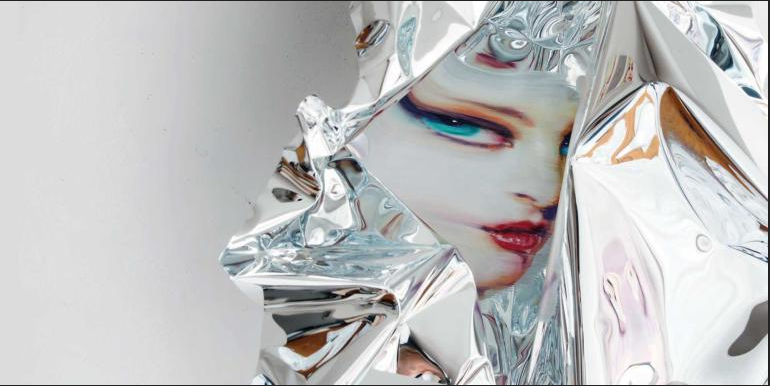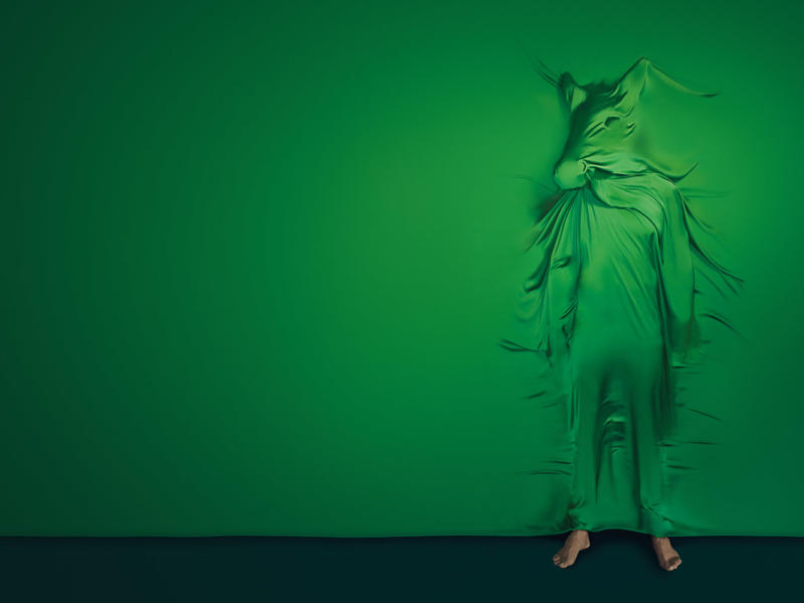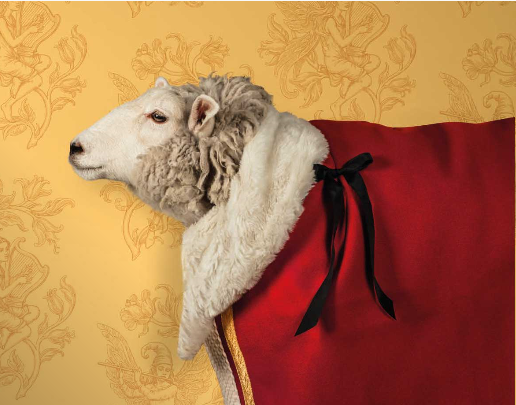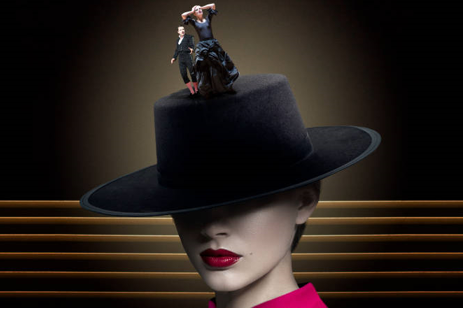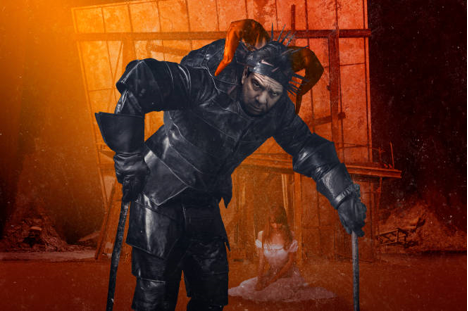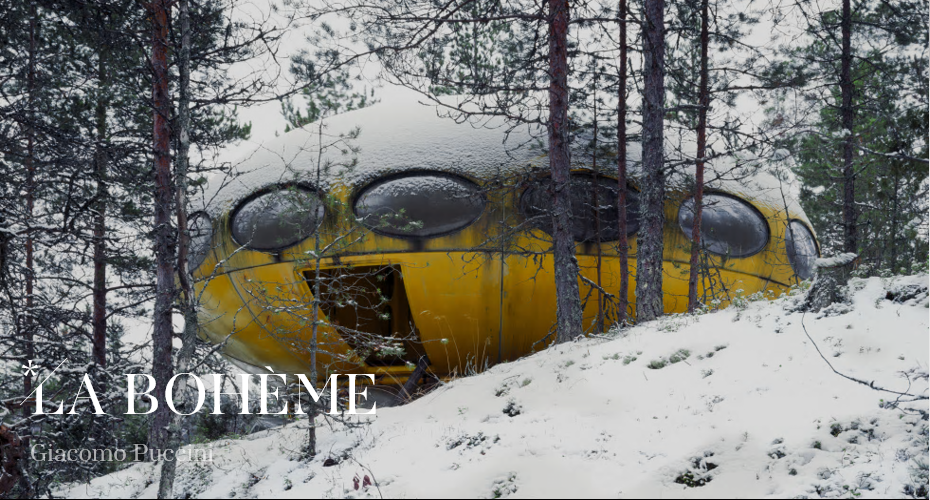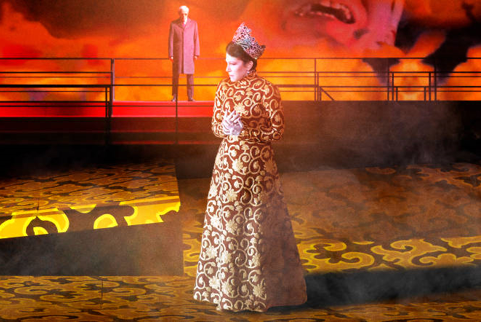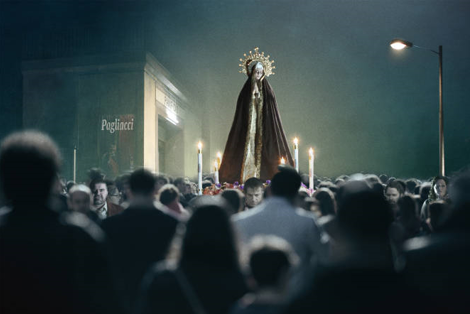In 1760 the Scottish poet, James Macpherson, published translations of poetry by the ancient Celtic bard, Ossian. Thereafter, the vision of the Scottish landscape was a reflection of nostalgic mists and clattering hooves, with lakes, green hills and heather.
Welcome to Opera Spy
Here, I post my reviews and document my love of opera. I hope you enjoy it. Please feel free to comment on any of my posts or contact me if you wish to.
Have a nice stay!
David Buchler









